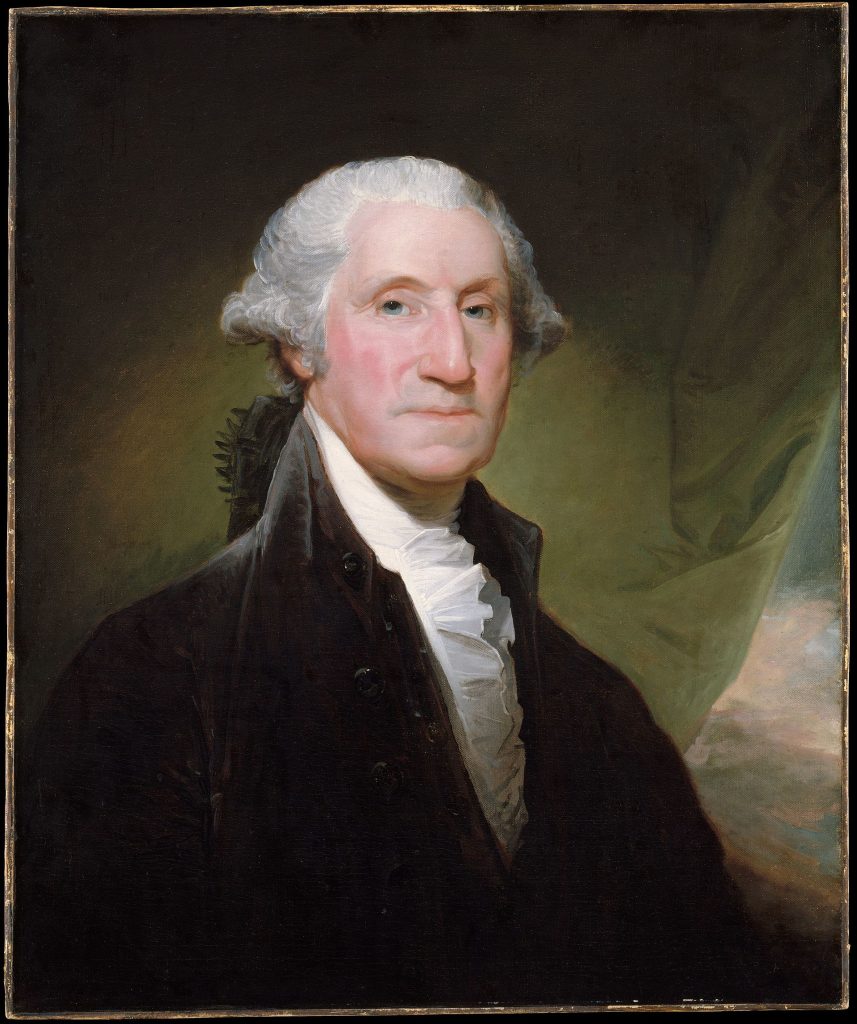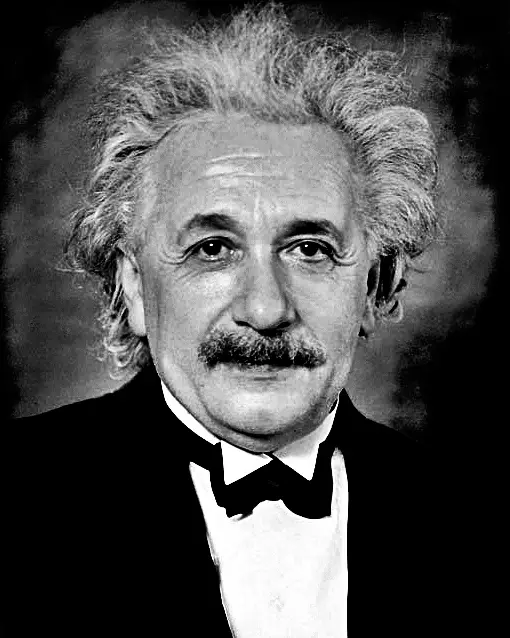AI: 🏯 Qin Shi Huang (Legalism), 🦅 Augustus (Roman Empire), ⭐ George Washington (Democracy), and 🔨 Vladimir Lenin (Communist) Compared: Each leader inherited a nation in crisis and radically reshaped its government, but their methods and the systems they built were profoundly different. 🌐

Qin Shi Huang, the first emperor of China, unified warring states under the philosophy of Legalism, emphasizing strict laws and harsh punishments.
Augustus, Rome’s first emperor, ushered in an era of relative peace and prosperity after a period of civil war.
George Washington, the United States’ first president, led the fight for independence and helped establish a fledgling democratic republic.
To All Workers, Soldiers and Peasants. The Soviet authority will at once propose a democratic peace to all nations and an immediate armistice on all fronts. It will safeguard the transfer without compensation of all land—landlord, imperial, and monastery—to the peasants’ committees … Long live the revolution!
— Lenin’s political programme, October 1917
AI: ⚙️ Archimedes, 🍎 Newton, and 🌌 Einstein Compared: Titans of Physics 🧠

Archimedes:
“Eureka! (I have found it!)” – This exclamation is famously attributed to Archimedes as he discovered the principle of buoyancy while taking a bath.
Isaac Newton:
“What we know is a drop, what we don’t know is an ocean.” – This reflects Newton’s humility and acknowledgement of the vastness of knowledge yet to be discovered.
Albert Einstein:
“The most beautiful thing we can experience is the mysterious. It is the source of all true art and science.” – This speaks to Einstein’s awe and reverence for the unknown and his belief that the pursuit of knowledge is driven by a sense of wonder.
